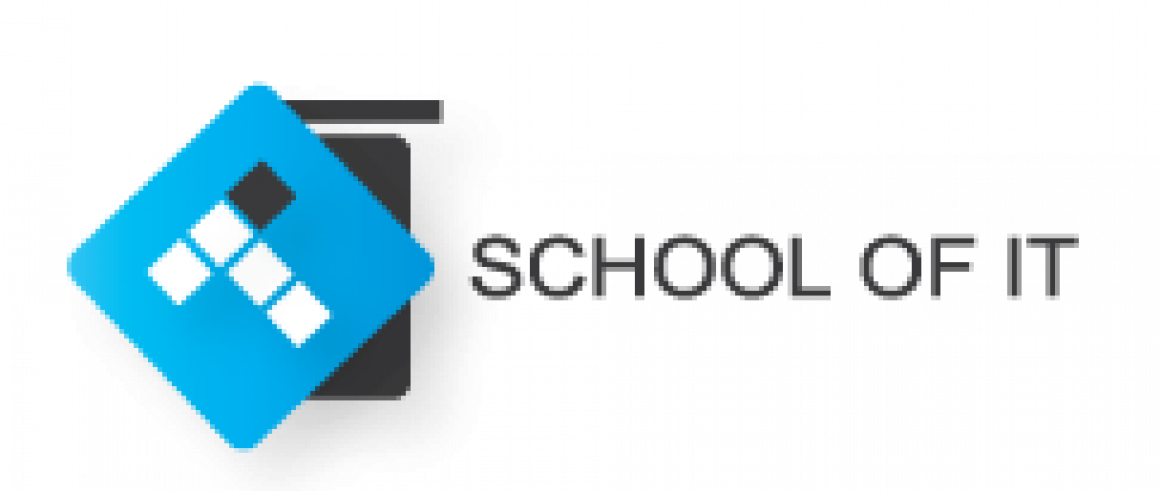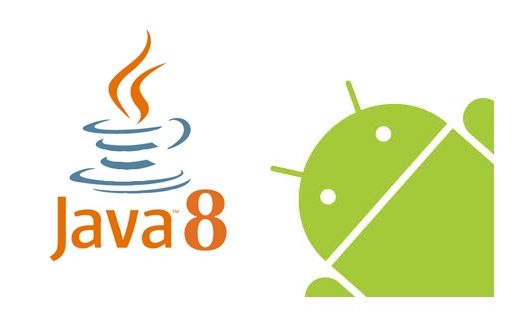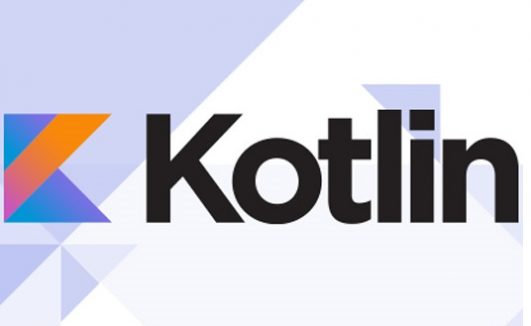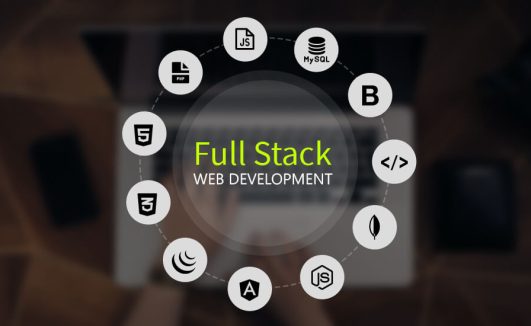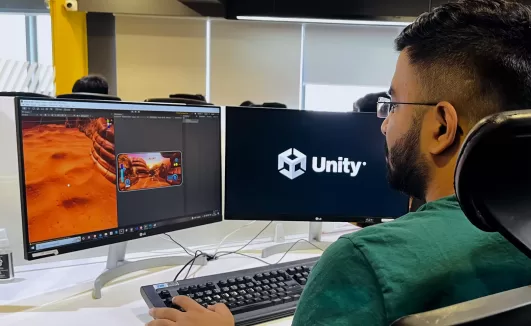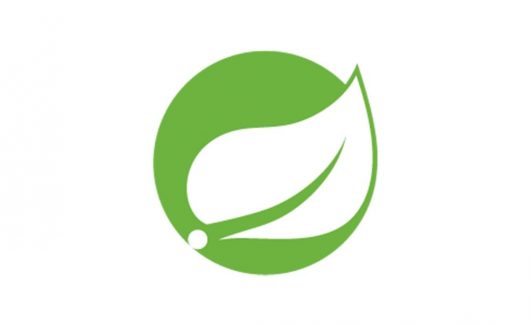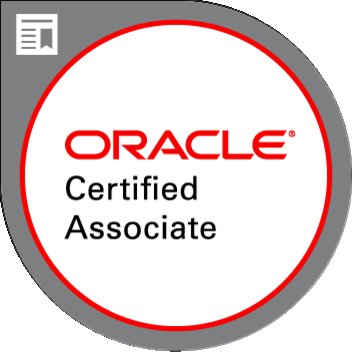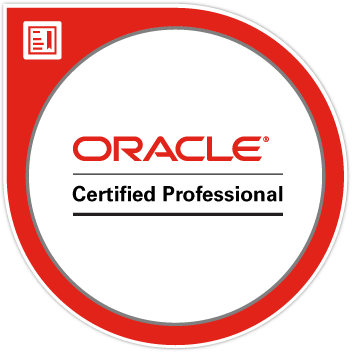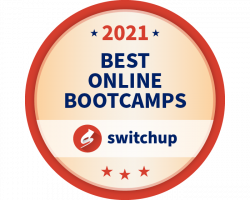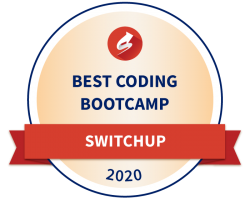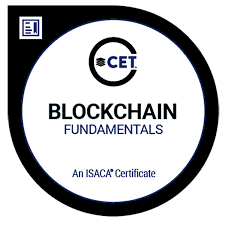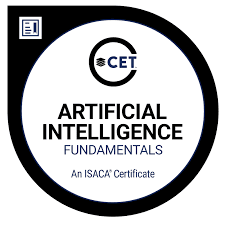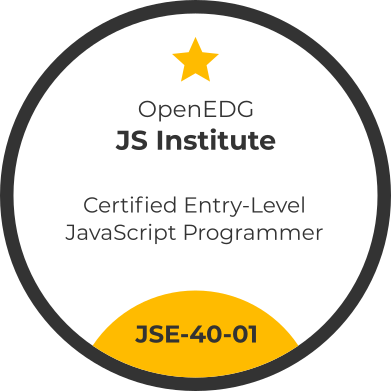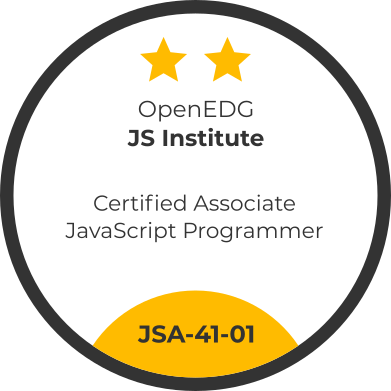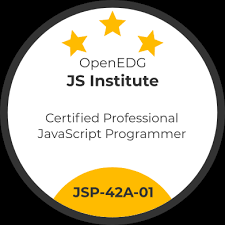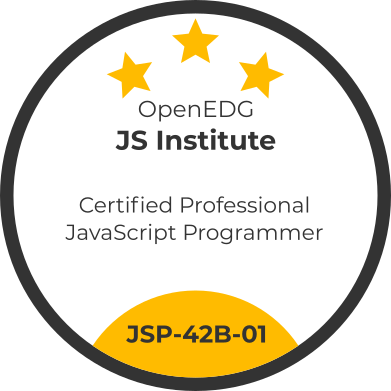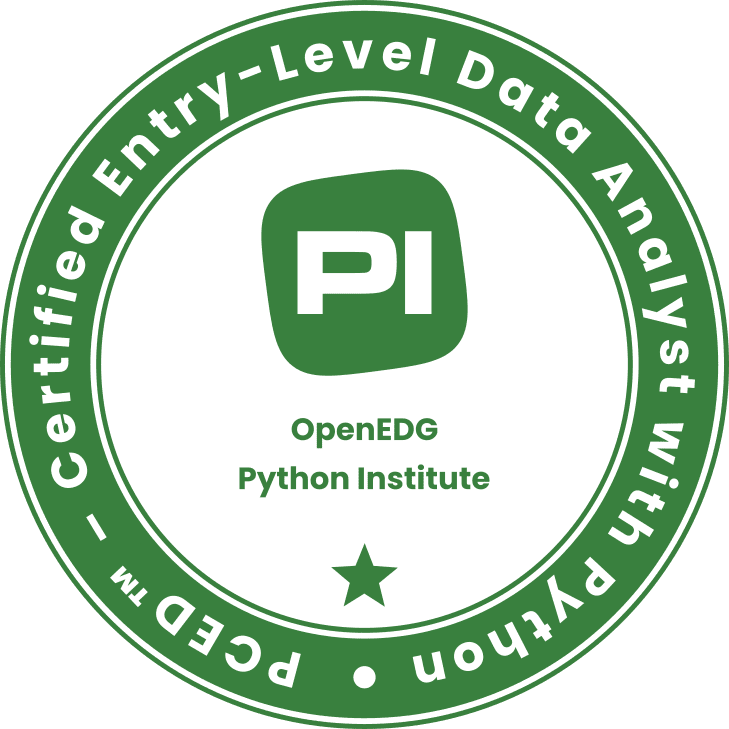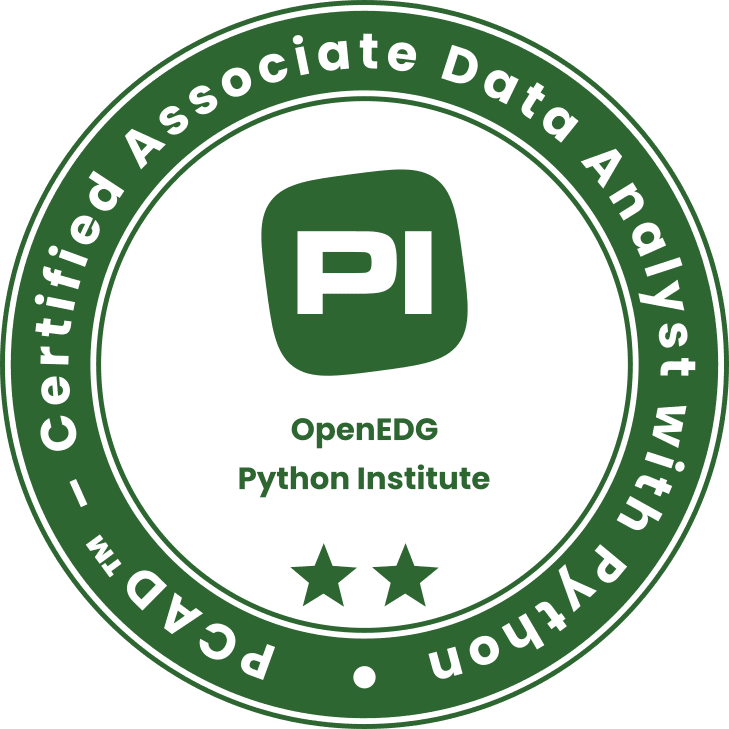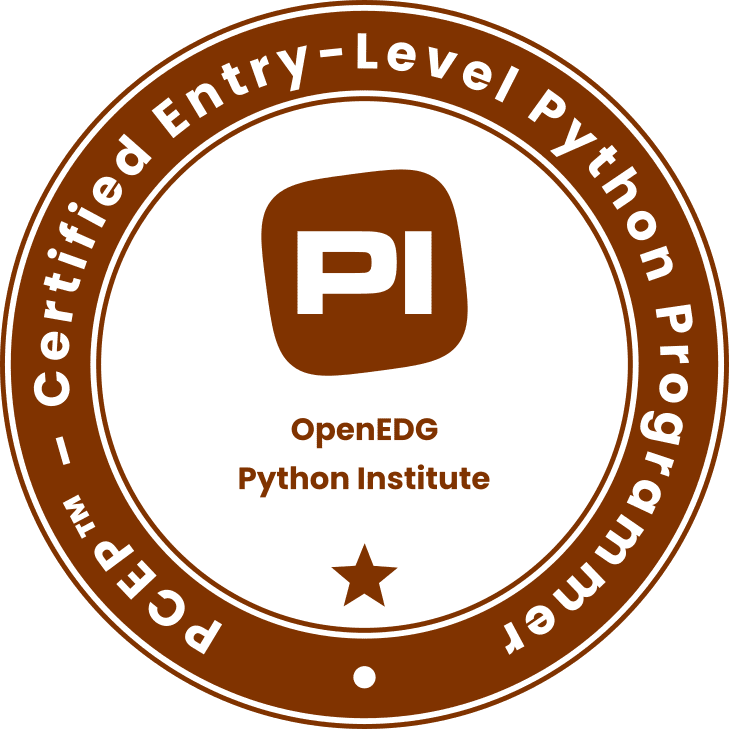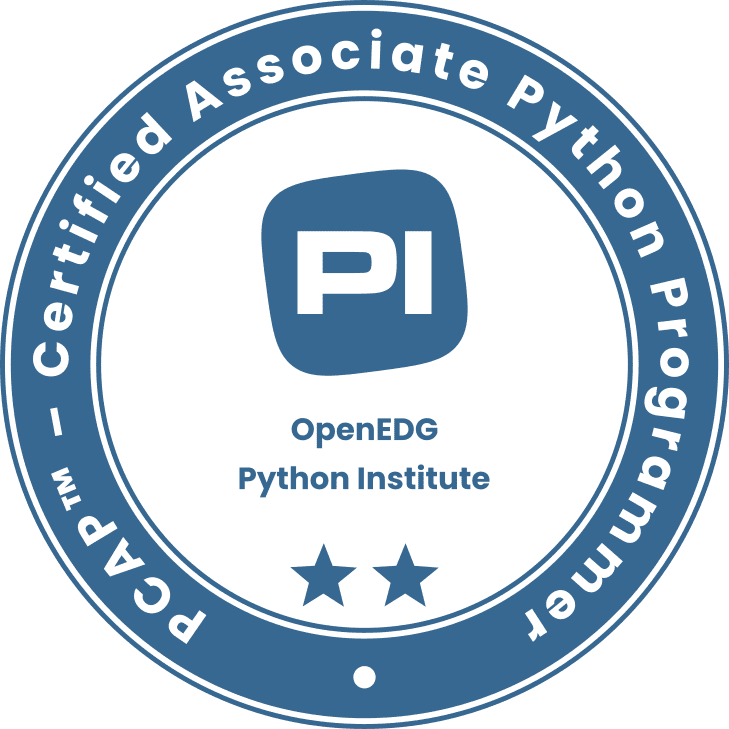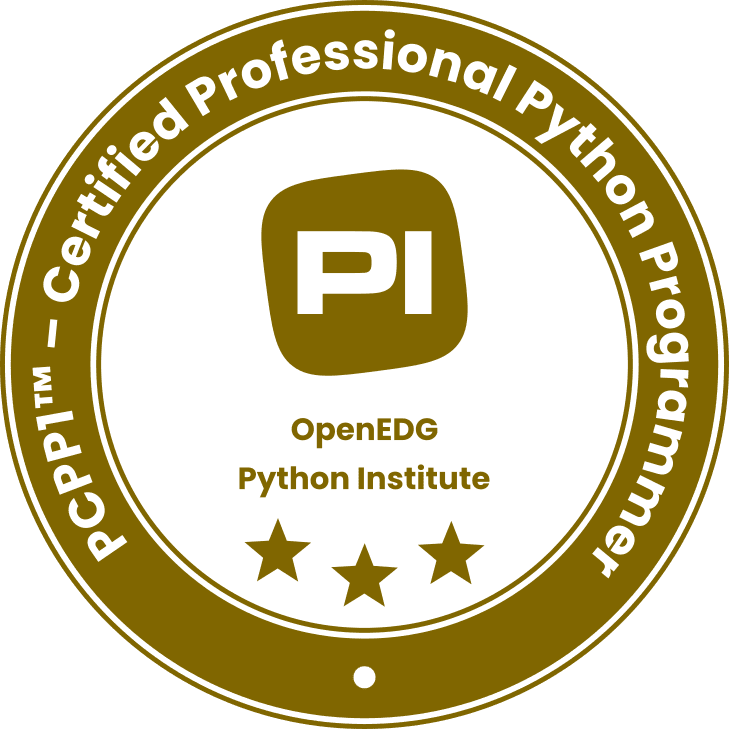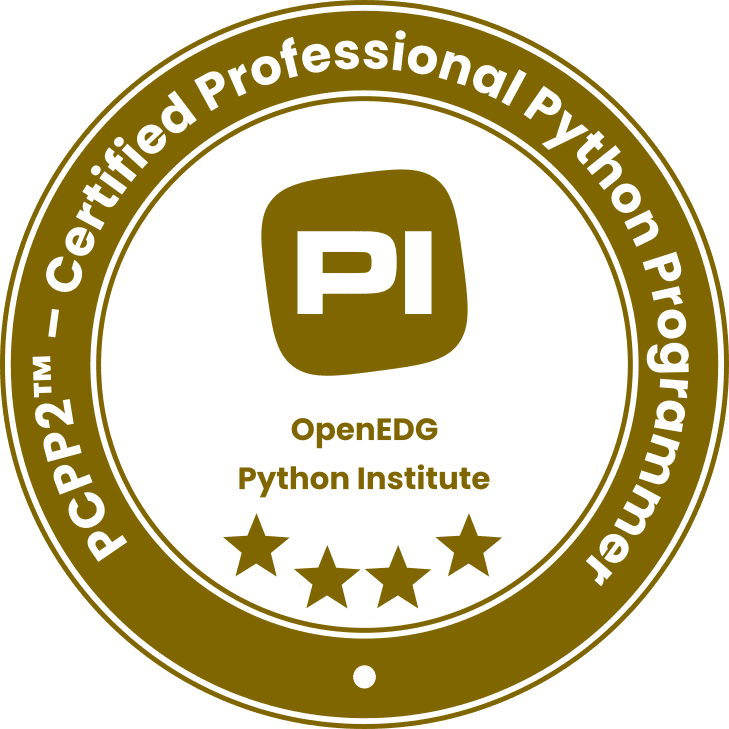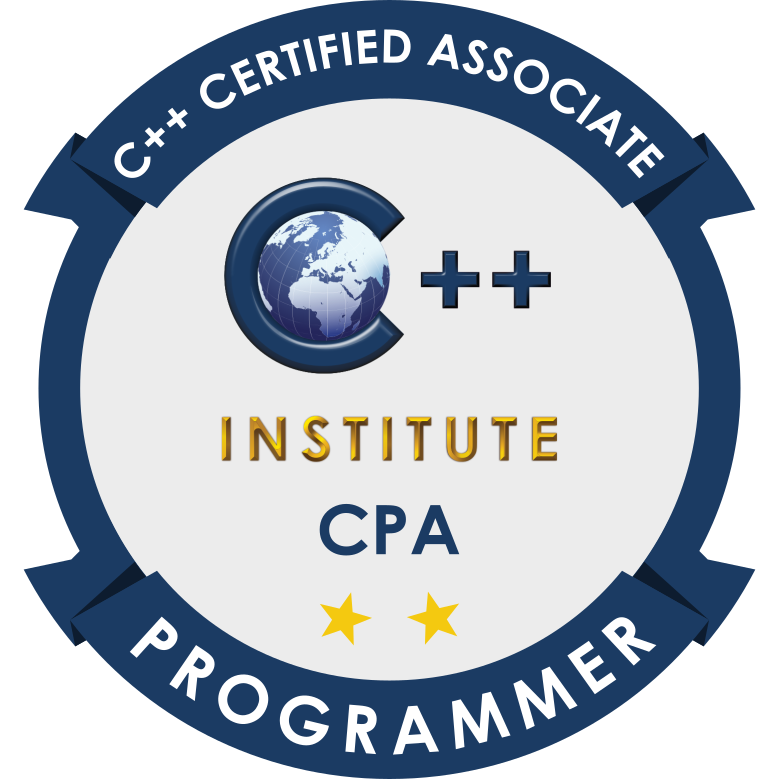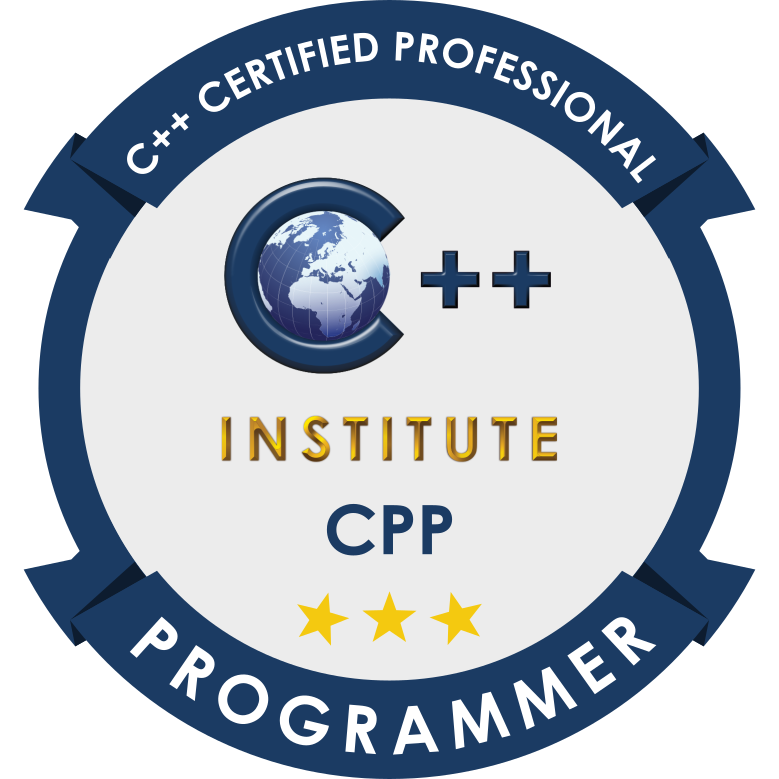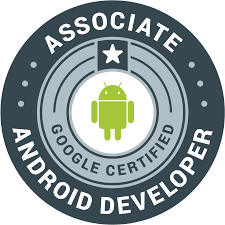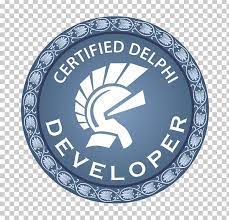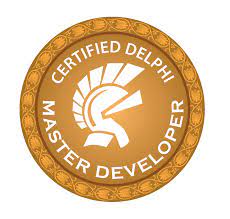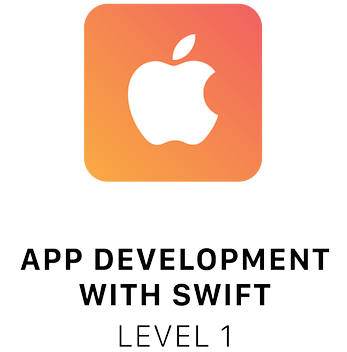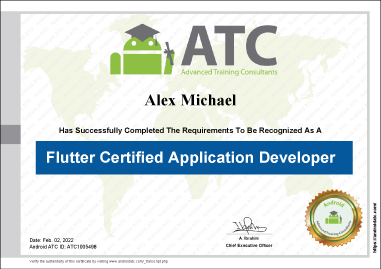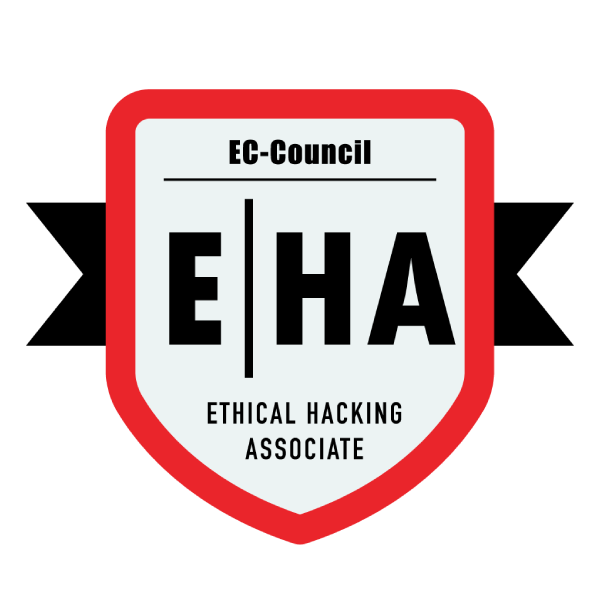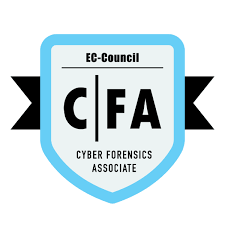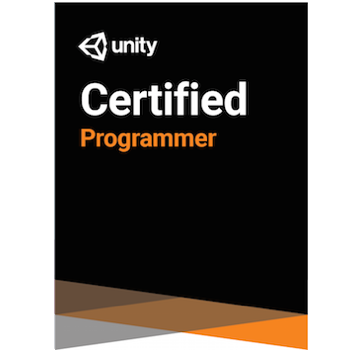Java Courses
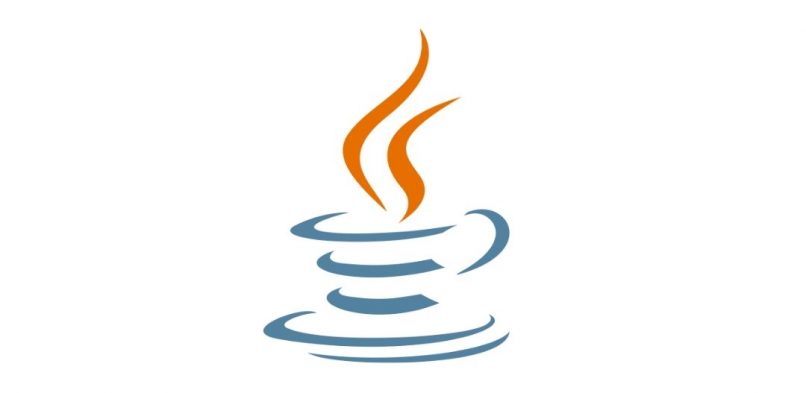
Java Courses
July 13, 2024 No Comments on Java Courses
Get Internationally Accredited & Recognized
Java Courses
Questions to ask yourself about the Java Courses.
Is Java programming in demand? – Yes very HIGHLY. There’s a real shortage of java developers in the workplace. Thus creating a massive demand for our java courses. The top 3 jobs in South Africa today is software development (java). Java is among the most in-demand programming languages on the job market, depending on whose numbers you look at. Java-related job postings on indeed increased 80 percent between 2015 and 2020. The java programming language has been around for nearly 25 years!
Is what I learn relevant and of value? – Most definitely and it’s current, up to date IDE’s (Eclipse or netbeans) and tools. Furthermore you learn from experienced java developers/lecturers and strong java content.
Can I get a job as a java developer after? – Definitely yes, get a job easier by getting Internationally accredited and recognized by writing your Oracle or Microsoft exam/s:
Why learn Java?
The Java language has been extensively refined and been around for over 25 years! Moreover extended, tested and proven by an active community of over four million software developers. Thus at School of IT the java programming course is designed for you to learn Java practically by building a practical portfolio of relevant industry projects. At School of it we offer:
- An intro java course (for the fundamentals),
- An advanced java course (more intermediate and advanced java concepts),
- A Software Development course in Java (which includes intro, intermediate and advanced java concepts).
- Software Engineering course in java and 1 other programming language (which includes intro, intermediate and advanced of the 2 programming languages).
Learn Java anytime, anywhere!
Overall learn java anytime and anywhere. We have 3 training options and we have award-winning coding courses. In turn identify and implement client side and integration technologies. Thus learn how to create and manage your own java applications.
Part-Time
Fast forward your career in the IT industry with a part-time java courses at School of IT. All in all the Part-time courses allow working professionals to transition into a new skill set while working. In turn at School of IT we are agile and can customize a java course to the individual. Start anytime and choose your hours!
Full Time
Are you ready to start a career in IT? In turn learn to code in java as a full time student at School of IT. Thus beginning your career as a java developer. Start anytime and manage your own contact hours with your mentor!
High School
In addition prepare for the future by learn to code in java while you’re still in high school. Have the option to get internationally accredited and recognized before you even finish school!
Corporate
All in all upskill yourself or your company by learning to code while you’re working. Thus no matter where you are, you can upskill yourself and get internationally accredited and recognized in under 6 months!
Here's a course syllabus for a 20-hour introductory Java programming course:
Course Overview
This 20-hour course is designed to introduce beginners to Java programming. By the end of this course, students will have a solid foundation in Java syntax and programming concepts, and be able to create simple programs and applications.
| Class | Topic |
| Class 1 | Introduction to Java |
| Class 2 | Variables and Data Types |
| Class 3 | Operators and Expressions |
| Class 4 | Control Statements |
| Class 5 | Methods and Functions |
| Class 6 | Arrays |
| Class 7 | Object-Oriented Programming |
| Class 8 | Inheritance and Polymorphism |
| Class 9 | Exception Handling |
| Class 10 | Final project |
Here's a breakdown of each class:
Class 1: Introduction to Java
- Overview of the course and its objectives
- Explanation of the Java programming language and its uses
- Installation and setup of Java on your computer
- Running your first Java program
- Introduction to Java syntax
- Basic input/output in Java
- Exercises and homework
Class 2: Variables and Data Types
- Recap of previous class
- Declaring and initializing variables in Java
- Different types of data in Java: primitive and reference
- Type conversion in Java
- Understanding the scope of variables
- Exercises and homework
Class 3: Operators and Expressions
- Recap of previous class
- Different types of operators in Java: arithmetic, relational, logical, bitwise, and assignment
- Order of precedence in Java
- Understanding expressions in Java
- Exercises and homework
Class 4: Control Statements
- Recap of previous class
- Conditional statements in Java: if, else-if, else
- Loops in Java: for, while, do-while
- Nested loops in Java
- Iteration and range function
- Exercises and homework
Class 5: Methods and Functions
- Recap of previous class
- Writing functions in Java
- Parameters and arguments in functions
- Return statements in functions
- Method overloading in Java
- Exercises and homework
Class 6: Arrays
- Recap of previous class
- Creating and initializing arrays in Java
- Accessing and modifying array elements
- Using arrays in loops
- Multidimensional arrays in Java
- Exercises and homework
Class 7: Object-Oriented Programming
- Recap of previous class
- Introduction to object-oriented programming in Java
- Creating classes and objects in Java
- Class constructors in Java
- Instance variables and methods in Java
- Exercises and homework
Class 8: Inheritance and Polymorphism
- Recap of previous class
- Inheritance in Java: subclass and superclass
- Polymorphism in Java: method overriding and dynamic binding
- Abstract classes and interfaces in Java
- Understanding object class in Java
- Exercises and homework
Class 9: Exception Handling
- Recap of previous class
- Introduction to exception handling in Java
- Handling exceptions in Java: try, catch, and finally
- Creating custom exceptions in Java
- Using throw and throws statements in Java
- Exercises and homework
Class 10: Final Project
- Recap of previous classes
- Final project assignment and instructions
- Working on the final project in class
- Submission and presentation of final project in class
That's it! I hope this syllabus and breakdown help you in planning your course. Good luck learning the fundamentals of Java programming!
Note: The above syllabus is tentative and may be modified as per the instructor's discretion.
Here's a course syllabus for an Advanced Java Programming course:
Course Overview
This 20-hour course is designed for candidates with prior experience with Java programming. By the end of this course, students will have a solid foundation in intermediate to advanced Java syntax and programming concepts, and be able to create more complex programs and applications.
| Class | Topic |
| Class 1 | Object-oriented programming in Java |
| Class 2 | Advanced Java concepts |
| Class 3 | Multi Threading and Concurrency in Java |
| Class 4 | Database programming in Java |
| Class 5 | Java web development using Spring |
| Class 6 | Final Project |
And here's a breakdown of what we'll cover in each class:
Class 1: Object-oriented programming in Java
- Overview of object-oriented programming (OOP) concepts
- Creating classes and objects in Java
- Inheritance and polymorphism in Java
- Abstract classes and interfaces in Java
- Exercises and homework
Class 2: Advanced Java concepts
- Exception handling in Java
- Generics in Java
- Java Collections Framework
- Java Streams API
- Exercises and homework
Class 3: Concurrency in Java
- Introduction to threads in Java
- Synchronization in Java
- Deadlocks in Java
- Java Thread Pools
- Exercises and homework
Class 4: Database programming in Java
- Introduction to JDBC
- Connecting to a database using JDBC
- Executing SQL queries using JDBC
- Using prepared statements and stored procedures in Java
- Exercises and homework
Class 5: Java web development using Spring
- Introduction to Spring framework
- Spring Boot for web development
- RESTful web services using Spring
- Integrating Spring with databases and other technologies
- Exercises and homework
Class 6: Final Project
- Recap of previous classes
- Final project assignment and instructions
- Working on the final project in class
- Submission and presentation of final project in class
Note: The above syllabus is tentative and may be modified as per the instructor's discretion.
By the end of the Software Development course students will have usable knowledge of the following:
- Intro Java Course objectives.
- Intermediate Java Course objectives.
- Advanced Java Course objectives.
- Project & test.
Note: The above syllabus is tentative and may be modified as per the instructor's discretion.
By the end of the Software Engineering course (Java + 1 other programming language of choice), students will have usable knowledge of the following:
- Intro Java Course objectives.
- Intermediate Java Course objectives.
- Advanced Java Course objectives.
- Project & test.
- Intro of programming language 2 (your choice) fundamentals
- Intermediate programming language 2.
- Advanced programming language 2 objectives.
- Project & test.
Note: The above syllabus is tentative and may be modified as per the instructor's discretion.
- An Intro to programming course price is R13900 for 10 hours.
- Advanced programming course price is R15900 for 20 hours.
- A Software Development course price is R28800 for 2 months/40 hours.
- A Software Engineering course price is R43600 for 4 months/80 hours.
- An App development course with Android studio and java, price is R28800 for 2 months/40 hours.
- A Software testing course with java and selenium, price is R28800 for 2 months/40 hours.
Prerequisites
No prior requirements needed, maths is recommended.Who Should Attend this Programming Training Course?
The intro course is intended for programmers who need to write or maintain scripts in Java. These courses are suitable for beginner programmers who may have little, to no in-depth knowledge of programming. All the programming courses start from beginner level (accept the advanced java course)Java Programming Course Overview
The Java language has been extensively refined and been around for over 25 years! Moreover extended, tested and proven by an active community of over four million software developers.What's included in this Programming Training Course?
Courseware- Ebooks
- Professional notes
- IDE - Netbeans, Eclipse or lastest ide
- International exam resources and how to book the international exam/s.
- Interactive software
- Proposed Schedule
Job Opportunities
The career prospects for Java programmers are excellent and high in demand. Java is everywhere: on all platforms and devices and in all countries around the world!
